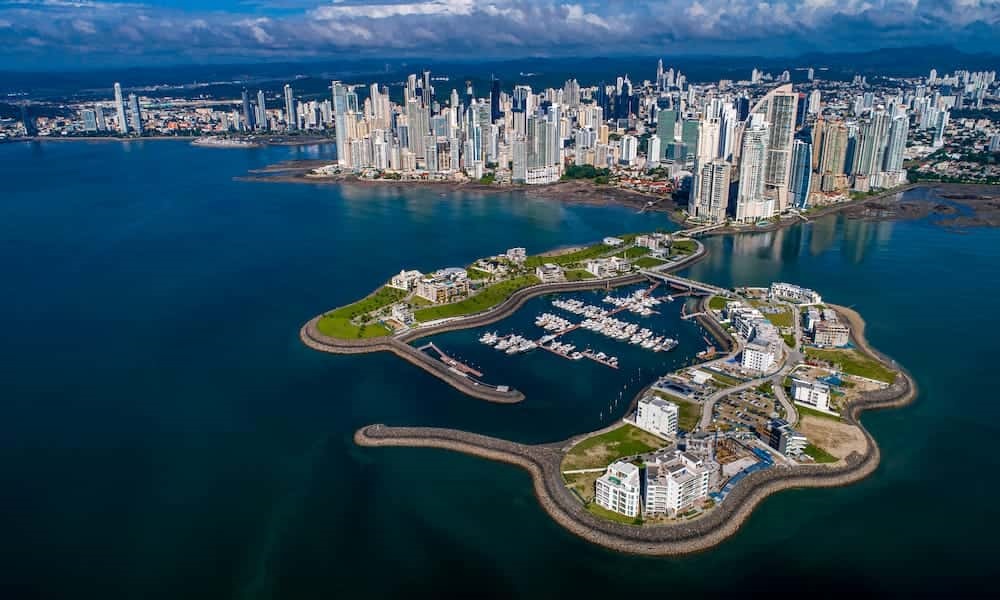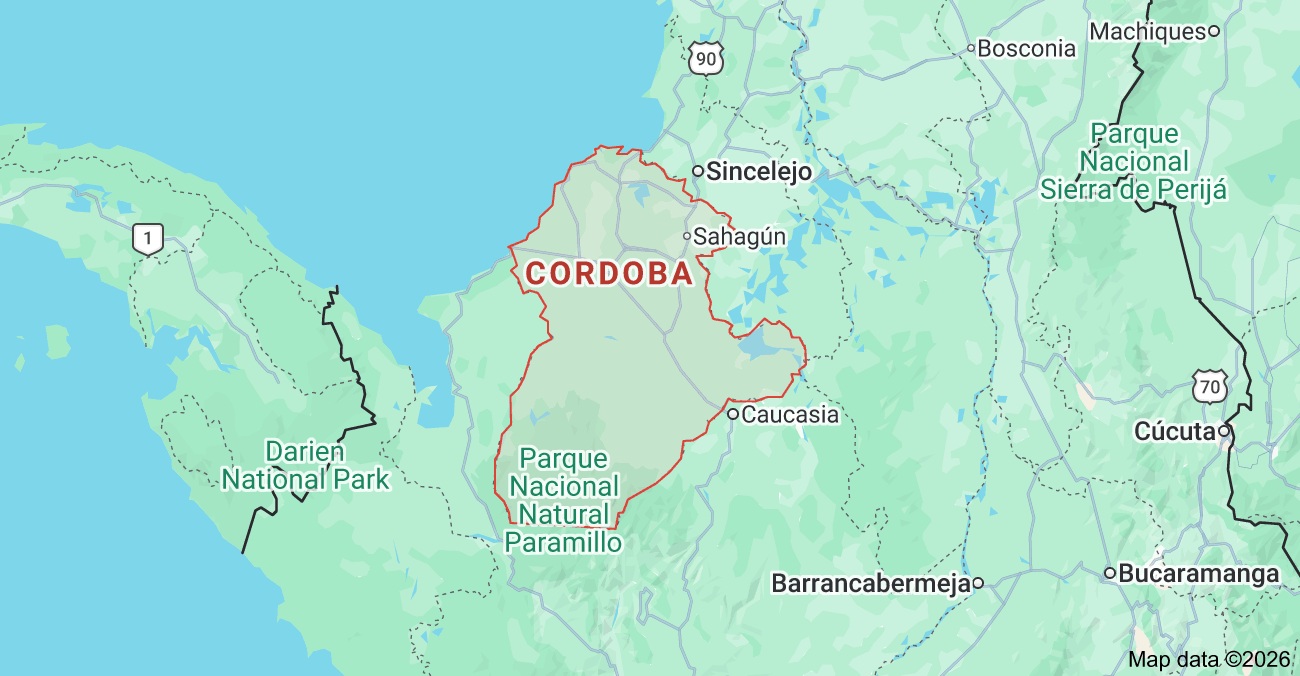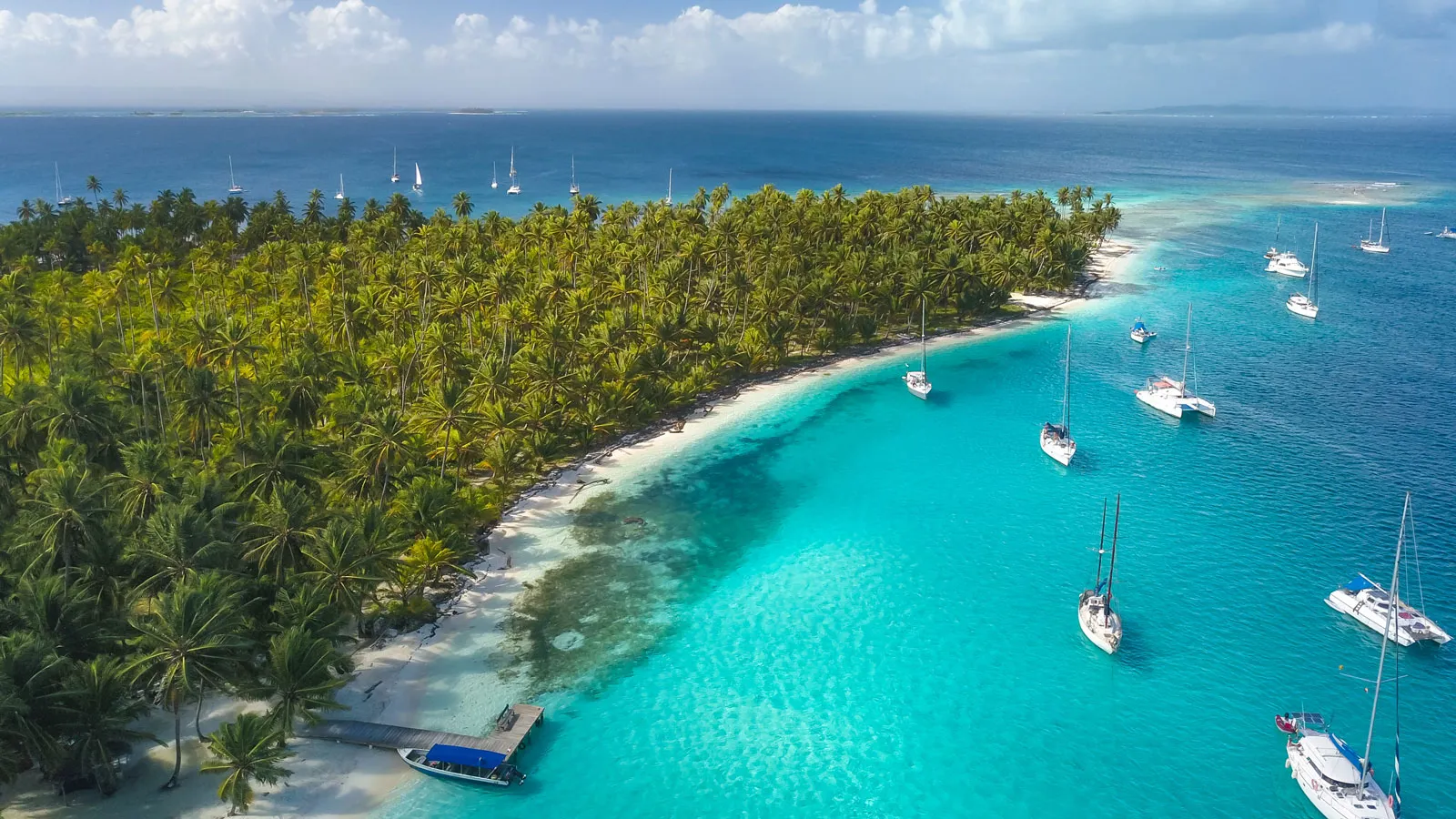Business Leaders are Betting on Panama’s Withdrawal from the European Union List to Provide More Investment and Employment
According to the CCIAP, with the isthmus’s removal from the European gray list and the support of Moody’s, the country has demonstrated real progress in transparency and competitiveness. Martinelli on Mulino’s first year in office: It’s a total political victory ‘without rivals or counterweights’

Moody’s reaffirms Panama’s investment grade, and the EU removes Panama from its gray list, reflecting the results of years of institutional work and commitment to fiscal reforms. According to the CCIAP, with the isthmus’s removal from the European gray list and the support of Moody’s, the country has demonstrated real progress in transparency and competitiveness. In recent months, Panama has received clear signs of international support for its financial system and institutional framework. This week, the European Union decided to remove the country from its gray list, a measure that follows Moody’s decision to maintain its investment grade status and its removal from the Financial Action Task Force (FATF) list in October 2023.
These advances, although seemingly technical, have a direct impact on the daily lives of Panamanians. This was emphasized by Juan Alberto Arias, president of the Chamber of Commerce, Industries, and Agriculture of Panama (CCIAP), who stressed that international trust generates investment, employment, and better financing conditions for businesses and families. “When the world trusts Panama, we all win,” Arias stated in the Sunday column of the business association, ‘La Cámara Opina,’ where he emphasized that these achievements have not been the result of chance, but rather the result of a sustained process of technical, legal, and diplomatic reforms, driven by various sectors over time.
According to the president of the CCIAP, the benefits of being removed from the restrictive lists go beyond the symbolic. The improved international reputation helps attract foreign investment, reduce trade barriers, and strengthen access to credit at both the state and private levels. The business leader also acknowledged that the success achieved is due, in part, to institutional continuity. “The current administration understood the backlog of work, took it seriously, and made it a national priority,” he added. However, Arias warned that maintaining this new status requires ongoing commitment. Panama has left and returned to these lists in the past. Therefore, he emphasized the importance of fulfilling the commitments made, applying legislation, and continuing to strengthen national institutions.
From the Chamber of Commerce, the call is clear: protect the country’s image and advance key goals such as the aspiration to join the Organization for Economic Cooperation and Development (OECD), the consolidation of investment grade status, and the modernization of the financial system. “Panama has everything it needs to compete at the highest level: a privileged geographic location, human talent, and an economy with the potential for sustainable growth,” Arias concluded.
The restoration of international trust not only improves economic indicators but also reinforces Panama’s image as a serious, transparent, and committed partner in development. A country that moves forward together becomes a better nation for all. “If a European company decides to invest in infrastructure in our country, this means more jobs. If banks obtain financing on better terms, they can offer more affordable loans to their clients. And if our exports move freely, our producers and entrepreneurs benefit,” Arias noted.
On former President Ricardo Martinelli’s social media accounts, an analysis appeared this Sunday outlining that President José Raúl Mulino is governing today without significant political rivals, without institutional counterweights, and without a cohesive opposition. “This first year has managed to knock everyone out of the ring,” Martinelli wrote in a message posted on social media.





